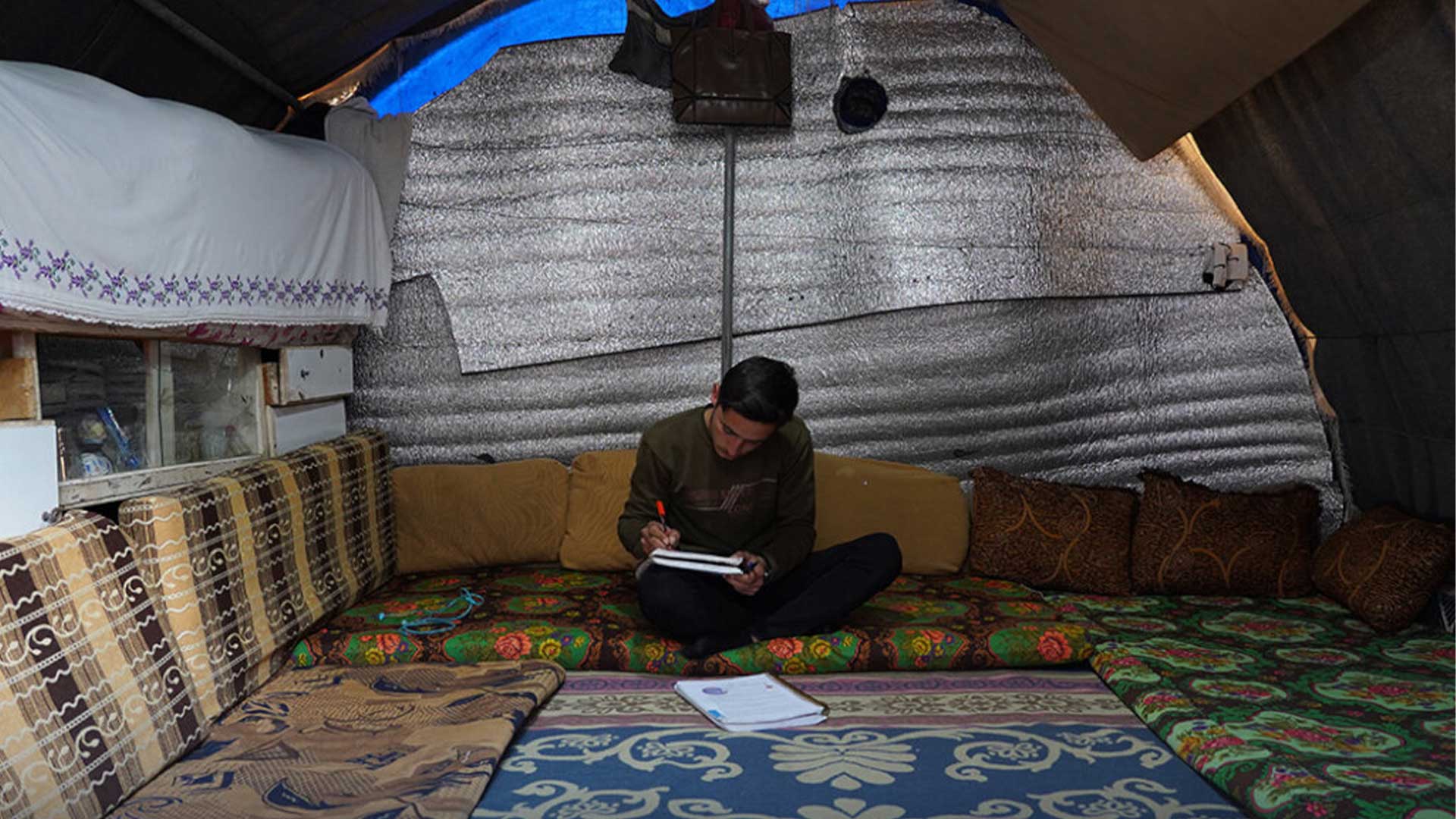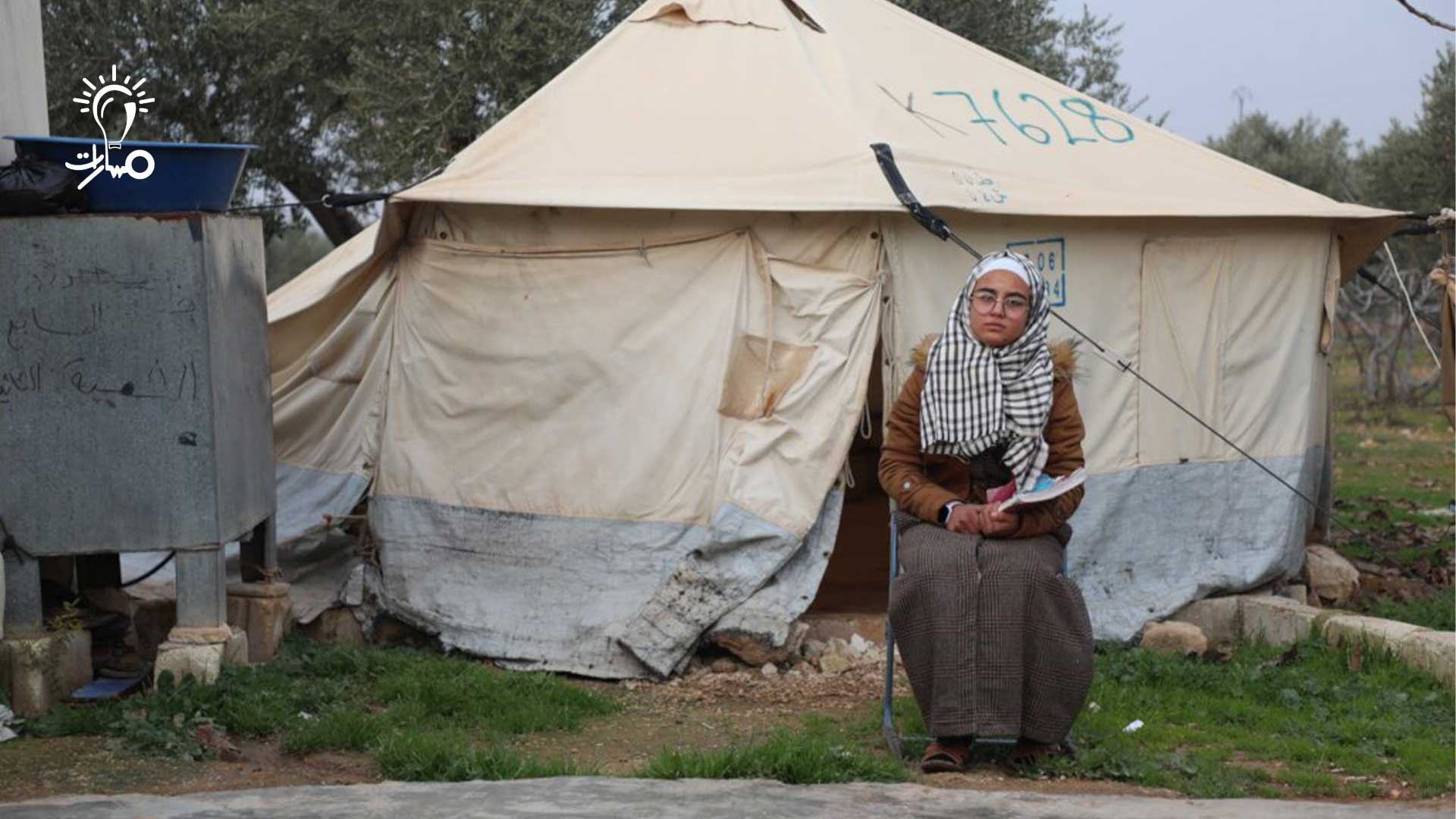The scientific research process is a series of systematic steps followed by a researcher to conduct a study or investigation on a specific topic with the purpose of producing knowledge and uncovering facts. The process begins with identifying the research problem, and I will start by clarifying a specific formulation of a research problem.
High Male Student Dropout Rate in the Ninth Grade at Masarat Initiative
Considering this statement, we find it expresses a concern or complaint and points to an uncomfortable phenomenon. However, this problem is somewhat known to teachers, advisors, and the knowledge department, and it does not require a sequential or scientific inquiry process.
If the previous statement is reformulated as follows:
What are the causes leading to the high dropout rate of male students at Masarat Initiative?
This phrasing suggests a lack of knowledge by the researcher and thus necessitates scientific research and investigation.
A comparative analysis of the two statements reveals two types of problems:
Type One
The problem causes concern or discomfort and appears as a phenomenon or behavior among individuals, while at the same time, the causes leading to this phenomenon are known to the researcher and do not require a scientific research process with multiple stages.
Type Two
A problem that causes concern and discomfort among individuals or those dealing with it, while at the same time, its causes are unknown to the researcher or those dealing with it, thus necessitating a study through the scientific method with the aim of reaching knowledge for what has raised questions for the individual or researcher about this concerning phenomenon.
Formulating an Unclear Research Problem
Researchers may face difficulties in formulating their problem or question clearly and accurately, leading to challenges in conducting their research studies.
Choosing and Defining the Research Problem
This is an important and challenging stage in the educational research process, often considered a problem in itself. It compels the researcher to select a problem based on the presence of a confusing or ambiguous situation that requires knowledge or a solution. There are criteria that a researcher can adhere to when choosing a research problem:
- Can the problem be studied using the scientific method in terms of the availability of a suitable sample and data collection tools?
- Is the researcher qualified to study the problem in terms of their level of education, experience, and skills in this field?
- Can studying this problem generate or add new knowledge?
- Can the results of this study contribute to the advancement of knowledge at Masarat Initiative?
Ethics in Educational Research
- Not falsifying data and results.
- Not altering research hypotheses and formulations.
- Adhering to objective methods.
- Ensuring sample selection, controlling variables, and statistical processing methods are accurate.
- Ensuring the safety of the sample.
- Avoiding offenses against customs, traditions, and norms.
- Keeping research information confidential.
Problems in Scientific Research
- Not publishing research in peer-reviewed journals.
- Lack of a clear policy for educational research.
- Teaching load on educational staff.
- Lack of collaborative research.
- Shortage of trained human resources for educational and psychological research.
- Insufficient financial support.
- Lack of participation from various community sectors in funding scientific research.
- Limited office services.
Thus, problems in scientific research affect the quality and proficiency of the study.
Conclusion
Scientific research is a methodical process aimed at exploring new knowledge and facts in various fields. This process may face several challenges and problems, such as formulating the research problem, designing the research strategy, and gathering sources and data, as noted in my article.
In the next article, we can discuss formulating the research problem, hypothesis questions, and their importance.
Author: Mr. Mahmoud Alsuloum, Leader of School Education Pathway at Masarat Initiative








